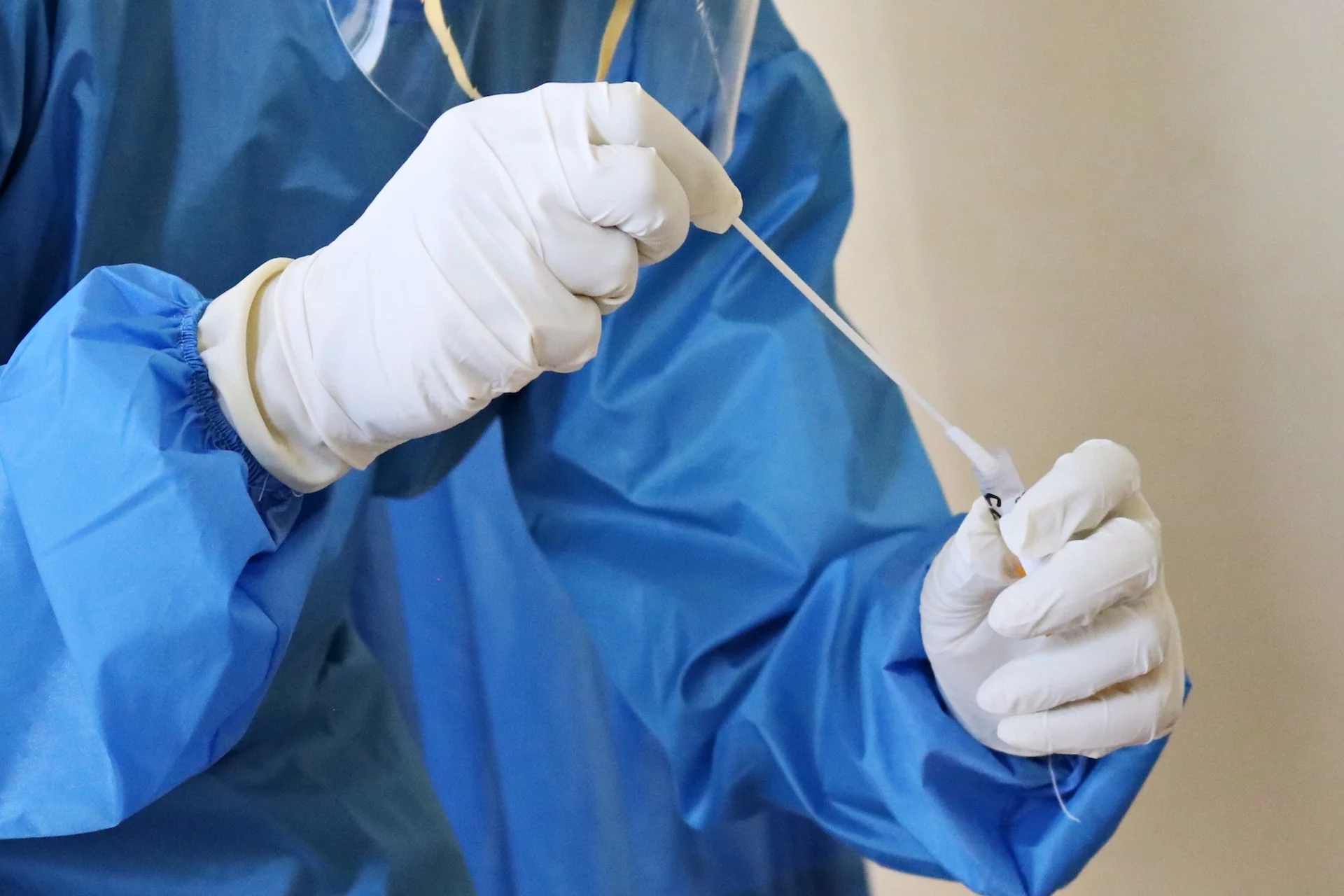China’s biggest city, Shanghai, has ordered mandatory testing for all 1.3 million residents of its downtown Yangpu district. They are asking them to stay in their homes until the final results don’t become available.
The lack of food and clashes with the government was an echo of measures ordered last summer that also caused a two-month lockdown of the entire city. The lockdown destroyed the economy and led to shortages. Moreover, the authorities had said that this lockdown would last for only a few days, but now the deadline is being extended periodically.
To fight all COVID-19 variants, China has been making strict decisions and imposing them across the country. Shanghai, China’s most populous city and business hub, is introducing mandatory COVID-19 testing.
The mass testing program is similar to one that was implemented in the city of Wuhan last year, where a lockdown was imposed for several months to prevent the spread of the virus. The lockdown led to shortages of food and other essential supplies and caused significant economic damage.

China has been praised for its handling of the pandemic but has also been criticized for its authoritarian tactics, including the use of mass surveillance and facial recognition technology to track suspected cases.
The mass testing in Shanghai is part of the Chinese government’s efforts to stamp out any remaining cases of COVID-19 and prevent a resurgence of the virus. China has largely succeeded in bringing the virus under control but is still concerned about the possibility of imported cases.
Many people in China were hoping to see a relaxation of the strict anti-COVID-19 protocols that are currently in place. Even though many other countries have opened up, this one of the most visited countries in Asia has highly restrictive border controls. Visitors must undergo 10 days’ quarantine at a designated location before being permitted to stay in mainland China.
The strict measures have taken a toll on the economy, with businesses struggling and tourism plummeting. However, recent Chinese reports show that the economy is getting back on track and will flourish more in the coming months. Further, the hope is that the mass testing program will help to finally stamp out the virus and allow the country to start opening up again.
This week, China reported 1,337 new cases of the COVID disease and no new deaths. Shanghai has been reporting 11 asymptomatic cases, and Tibet has recorded six cases, out of which one is a confirmed case with symptoms and five are known to be asymptomatic cases.
China has a total of 258,660 recorded cases to date and 5,226 deaths from the disease since it started spreading from the city of Wuhan in 2020.
To control these numbers and to make sure they get successful in the “zero COVID” initiative, the Chinese government will keep on taking some extreme steps. The recent plan of Shanghai is to build a permanent quarantine center on the island of Huangpu River.














